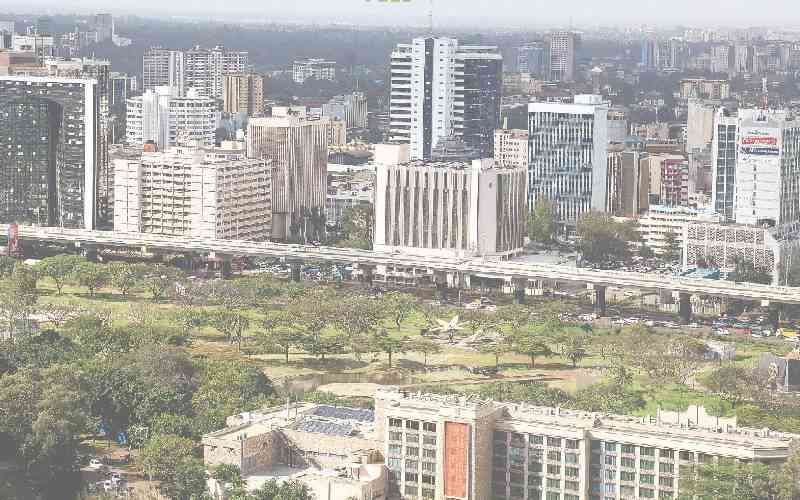×
The Standard e-Paper
Fearless, Trusted News

NAIROBI, KENYA: What do tomatoes and cars have in common? Nothing, you might say. However, researchers at Ford Motor Company and HJ Heinz, the company owned by billionaire investor Warren Buffett’s holding corporation Berkshire Hathaway Inc, see the possibility of an innovative union.







